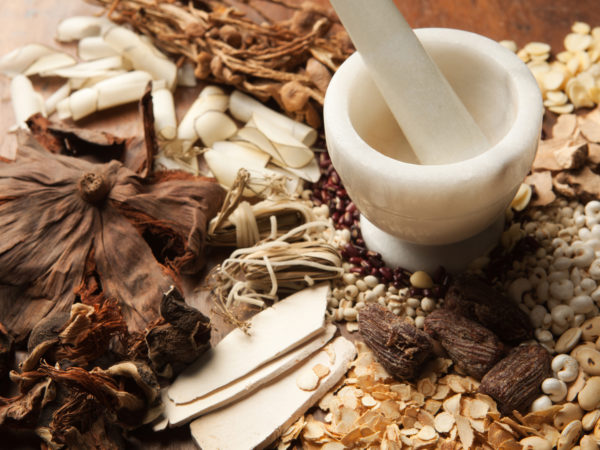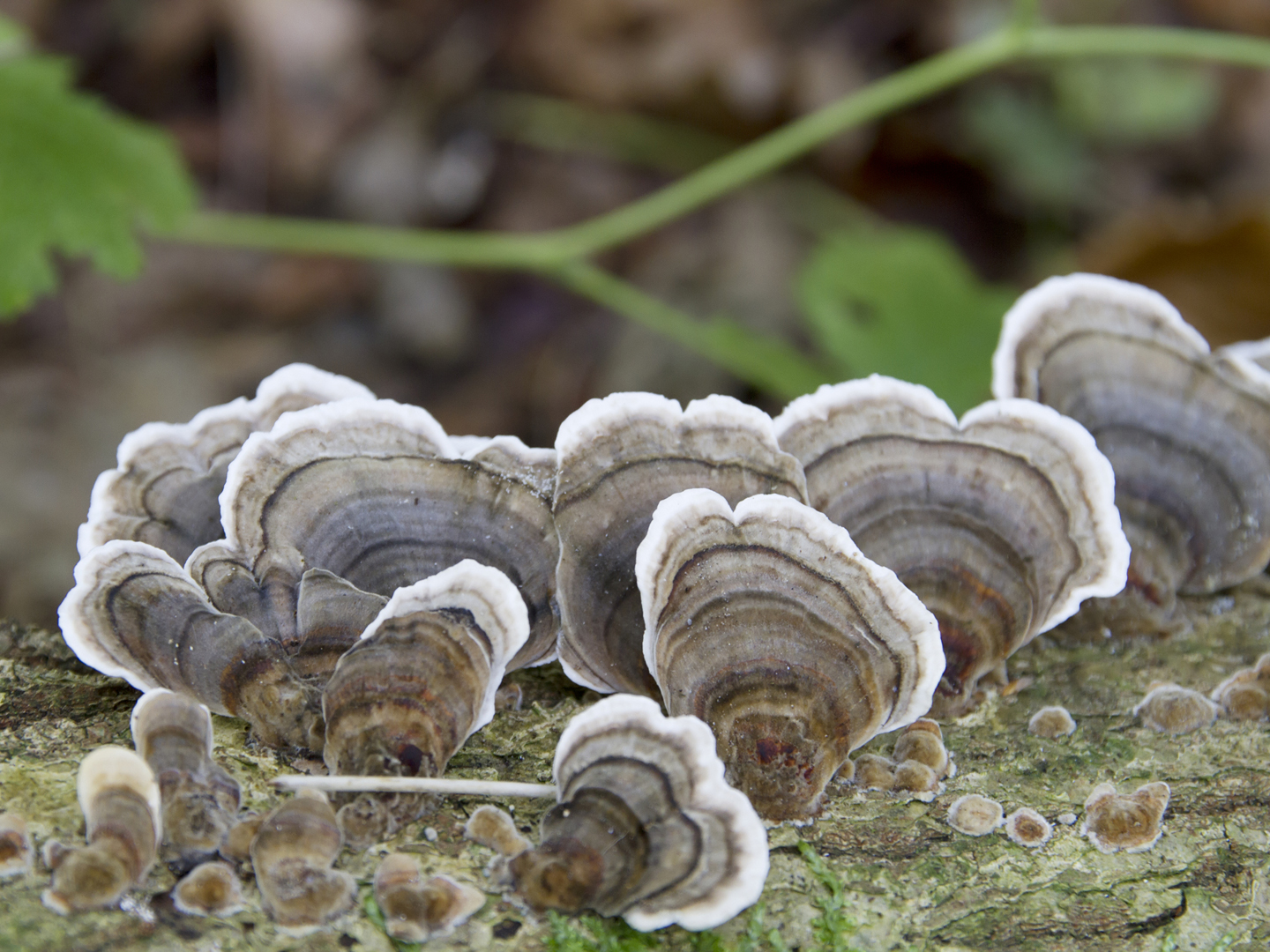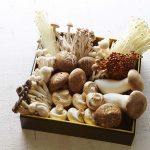Best Bet for Breast Cancer Survivors?
I’m a breast cancer survivor and have been considering taking beta glucan supplements, which I’ve heard can help support the immune system. Do you think this would be worthwhile and safe?
Andrew Weil, M.D. | January 31, 2014

Originally published July 15, 2003. Updated January 31, 2014.
Beta glucans are a group of naturally occurring polysaccarides (complex sugars) that are a normal constituent of the cell walls of bacteria, yeasts, algae, lichens, fungi and some plants including oats and barley. They are partly responsible for the anti-cancer and immune-boosting effects of medicinal mushrooms, and they are nontoxic.
Oral beta glucan supplements are considered effective to help lower cholesterol. Given intravenously or by injection into muscle, they may have some benefit as a cancer treatment to help boost the immune system. Recent laboratory research sponsored by the National Cancer Institute (NCI) has shown that beta glucans can increase the activity of the white blood cells that attack cancer cells. They may also potentially increase the effectiveness of monoclonal antibodies used to treat some cancers, the NCI reports on its website.
Beta glucan supplements are widely promoted on the Internet. Some claims hold that these products can be absorbed only if they are “micronized” by a patented process. According to the Natural Medicines Comprehensive Database, there is no reliable evidence to support this claim. A review of beta glucan products on the database warns that while they are probably safe for most adults when taken orally, no one should take more than 15 grams a day by mouth or continue taking them for more than eight weeks. Another warning: intravenous solutions containing microparticles are not safe and might cause formation of blood clots, problems with the spleen, and other disorders.
Instead of gambling on the marketing promises of beta glucan supplements, I suggest including traditional mushrooms in your diet as a better way of getting their benefits. I’ve often recommended certain species of mushrooms to cancer patients and cancer survivors:
- Maitake (Grifola frondosa). This delicious, edible mushroom is known as “hen of the woods” because it resembles the fluffed tail feathers of a nesting hen. In addition to its anti-cancer, anti-viral and immune-enhancing properties, maitake may also reduce blood pressure and blood sugar. You should be able to find it dried or fresh in Japanese markets, gourmet stores or upscale supermarkets or as extracts.
- Shiitake (Lentinula edodes). This delicious, meaty-tasting mushroom is widely available fresh or dried in grocery stores and Asian markets. The Japanese have extensively studied the shiitake mushroom and found it to have immune modulating, anti-viral and cholesterol-reducing properties. Certain extracts of shiitake mushrooms are used in Japan as adjunctive therapy to strengthen immunity of cancer patients during chemotherapy and radiation.
- Agaricusblazei (Agaricus blazei). This is a medicinal mushroom with anti-tumor and anti-viral activity widely used by oncologists in Japan and Brazil. It is delicious, and I hope it will become available here as a gourmet species. Extracts are widely available.
- Reishi (Ganoderma lucidum). Too woody and bitter to eat as food, reishi mushrooms are available in tea bags, capsules and liquid extracts. Animal studies have shown that reishi improves immune function and inhibits the growth of some malignant tumors. It is also a natural anti-inflammatory agent.
These, along with other well-studied medicinal mushrooms, are also available in combination products that probably work better than extracts of any one species.
Andrew Weil, M.D.
Sources
Natural Medicines Comprehensive Database, consumer version, accessed November 22, 2013, http://naturaldatabaseconsumer.therapeuticresearch.com/nd/PatientHandout.aspx?cs=NONMP&s=NDC
“Enhancing Cancer Immunoprevention and Immunotherapy with Naturally Occurring Beta Glucans,” National Cancer Institute, Office of Cancer Complementary and Alternative Medicine, accessed November 22, 2013, http://cam.cancer.gov/annualreport/fy09/ar_betaglucans.html












